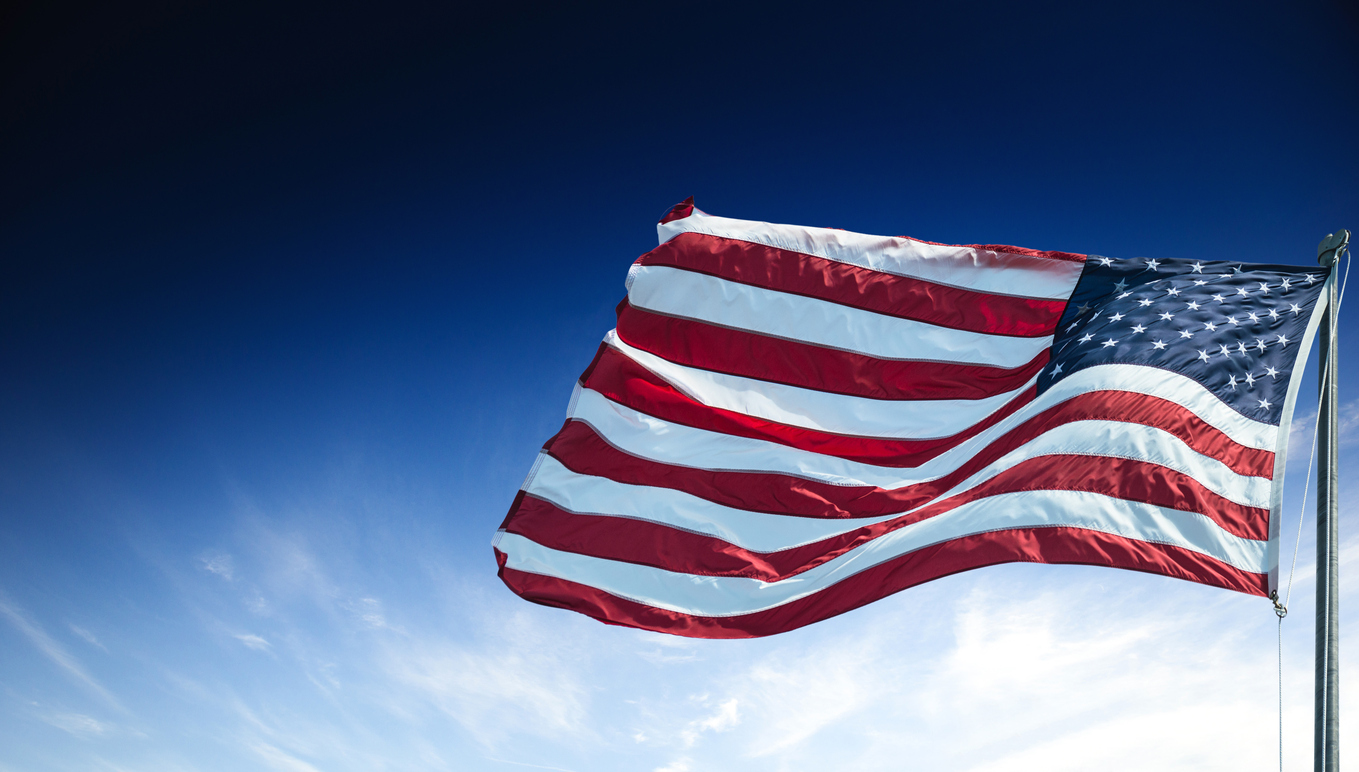On Thursday, March 16 at 12:01am EDT, the Trump Administration is set to begin enforcing a revised executive order that prohibits many nationals of Iran, Libya, Somalia, Sudan, Syrian and Yemen from entering the United States for 90 days unless they qualify for an exemption or are granted a waiver. The entry of all refugees will be suspended for 120 days.
If you are a national of a restricted country, you should take the following travel guidelines into consideration.
Travel Restrictions
Your travel to the United States is restricted if:
- You are outside the United States on March 16, do not have a valid visa and did not have one on January 27, the date the Trump Administration issued its previous travel order. You are subject to the entry suspension and cannot enter the United States unless you are granted a discretionary waiver (see below). This includes Canadian landed immigrants. If you have a visa appointment on or after March 16, the U.S. consulate will honor your appointment, but you will need a waiver to obtain a visa and enter the United States.
- You are in the United States on March 16, but your visa was valid for a single entry, has expired, or will expire before your next international trip. Though your presence in the United States on March 16 exempts you from the entry suspension in the executive order, you will need to apply for a new visa to reenter the United States. If you choose to travel abroad, you must be prepared for a lengthy visa application process and heightened security checks that could delay your reentry.
Seeking a Waiver
If you are subject to the entry suspension, you may request a waiver during your consular visa appointment. The executive order suggests that a waiver may be appropriate for several classes of foreign nationals, including Canadian landed immigrants applying for a visa in Canada, persons with significant business or professional obligations in the United States, and foreign nationals previously admitted to the United States for a continuous period of work, study or another long-term activity who are seeking to resume that activity, among others.
You must demonstrate that a denial of your entry would cause undue hardship, and that your entry is in the
national interest and would not pose a threat to national security. You should be prepared to provide letters of support and other relevant documentation in your visa interview, and should expect questioning about your circumstances and your waiver request.
Waivers are decided on a case-by-case basis in the discretion of the consular officer. Given the stringent criteria, waivers may be difficult to obtain and have long processing times.
Exemptions from the Entry Suspension
You are not subject to travel restrictions if:
- You are a U.S. lawful permanent resident ("green card" holder).
- You are a dual national traveling on a passport from a non-restricted country, you have a valid visa in that passport or are visa-exempt, and you are otherwise admissible.
- You have a valid, multiple-entry U.S. visa and you are otherwise admissible. If your visa was physically cancelled pursuant to the January 27 executive order, contact your Fragomen professional because you may be entitled to a new travel document under the revised order.
- You are in transit to the United States when the entry suspension takes effect, you hold a valid U.S. visa and are otherwise admissible.
- You are an applicant for adjustment of status and hold a valid advance parole document.
- You are traveling on a valid diplomatic visa or a C-2, G-1, G-2, G-3, G-4, or NATO visa.
- You have been granted asylum in the United States.
- You have been admitted to the United States as a refugee or you are a refugee whose travel has been formally scheduled by the U.S. State Department.
Impact of Federal Litigation
The executive order is being challenged in a number of federal lawsuits, and several plaintiffs are seeking a nationwide injunction against its enforcement. A court could temporarily block the entry suspension while litigation continues, as occurred with the Administration's earlier executive order on travel. Fragomen is closely monitoring the status of the lawsuits and will issue updates when and if the entry suspension is placed on hold.
This alert is for informational purposes only. If you have any questions, please contact the immigration professional with whom you work at Fragomen.







Please sign in or register for FREE
If you are a registered user on The Forum for Expatriate Management, please sign in